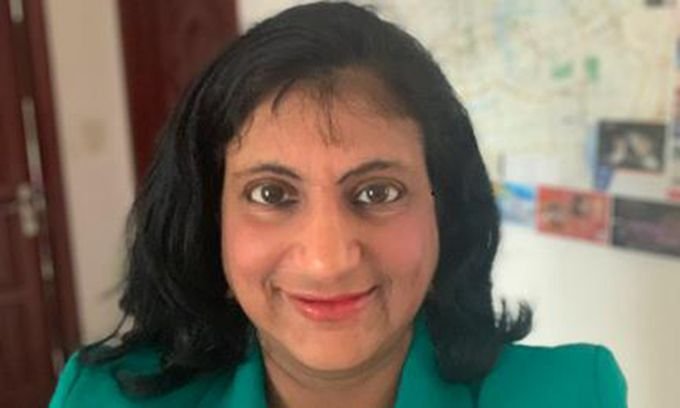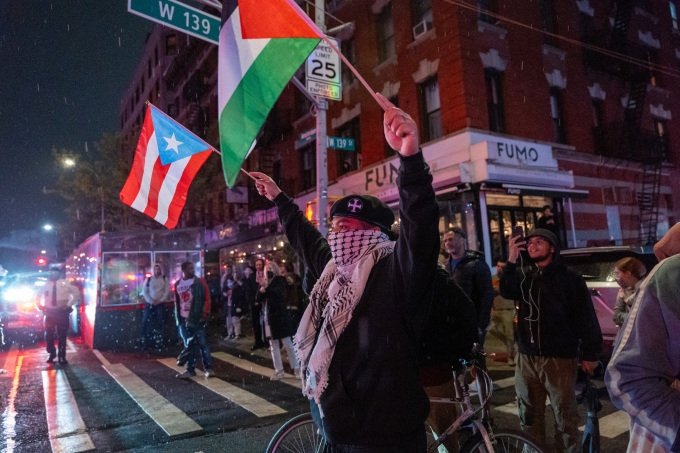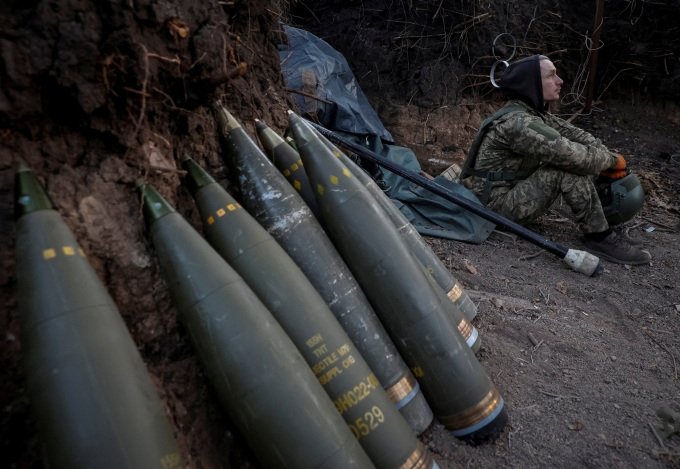
The ‘frozen’ life of an American in China
The Facebook of Koppikar, a teacher in Wuxi city, Jiangsu province, is filled with posts from friends about dishes to enjoy immediately after the quarantine ends, from salted caramel milkshakes to feta cheese burgers to
Devika Koppikar in Wuxi city, Jiangsu province.
Koppikar is from Woodbridge, Virginia, USA, but moved to China for four years.
`I continuously received notices from the US embassy advising citizens to leave China. But as the day of my return approached, many of my colleagues decided not to return until Covid-19 subsided. They said
When he learned that all people entering China had to self-quarantine at home, Koppikar felt a little worried.
Koppikar wants to return to teaching, but she and her colleagues cannot go to school until they have completed two weeks of quarantine.
`I viewed the 14 days of quarantine as a psychological and spiritual challenge. I wrote a diary about my life during these days on the website Afro,` Koppikar said.
On February 22, Koppikar ended his 14-day quarantine.
`Before that, I thought the neighborhood group would come and use tape to seal my door, but it turned out it was only sealed with a thin piece of sealing paper. If I opened the door, the paper would tear and they would

The paper sealed the door of Devika Koppikar’s house during the 14-day quarantine in Wuxi city.
However, even after nearly 40 days of quarantine, Koppikar still feels like her life cannot return to the way it was before.
On the first day of quarantine, before he could go anywhere, Koppikar had to go to the building management board to submit a 14-day body temperature indicator declaration and have his body temperature checked again, then receive a certificate.
`I qualify for a ‘green code’ on my phone so I can go to the grocery store and take public transportation. The code turns red if I leave the city and turn off GPS,` she shared

Koppikar’s first post-quarantine ‘exploration of the world’ was a walk around the neighborhood outside his apartment complex.
What Koppikar is most excited about is being able to go to the grocery store.
But contrary to Koppikar’s expectations, the shelves were nearly empty, so she had no choice but to buy things she didn’t like, like salted butter and sweetened yogurt.
`I crave a cup of Starbucks’ Signature hot chocolate, but the chain now only sells takeout. But by the time I get home, the chocolate will be cold. I also can’t stand outside and drink it because of the chair.`
Most of her friends are in her hometown or are also quarantined here so she can’t meet them.
As soon as she heard that an Italian restaurant called Mammamia in the neighborhood had started doing takeout, she ordered a pizza, garlic bread, and a rocket salad.
Getting bottled drinking water is now also a challenge for Koppikar.
Koppikar’s school still maintains online teaching.
On March 28, the Beijing government announced a ban on entry for most foreign visitors to prevent a wave of `imported` nCoV infections.
But before she could rejoice that normal life was gradually returning to China and was about to return to school, Koppikar heartbrokenly realized that her American homeland was facing a similar story.
`I pray for my 82-year-old mother as she faces a life of isolation in Florida and is in a high-risk group. I feel for the families of the more than 6,000 people who have died from nCoV,
Chinese people wearing masks walk on the streets of Beijing on March 12.
She believes it will take more time to return to normal life, but things will certainly not be completely the same as before Covid-19 appeared.
However, the pandemic also helped her see many opportunities in the widespread adoption of online teaching and remote medical examination and treatment, as well as hope that more companies realize the importance of providing insurance and
Koppikar added that the pandemic has helped people learn a lesson that no one is an isolated oasis but needs a community, and has helped people not to falter in the face of crisis.
`In any situation, we still have to try our best. Just like the Chinese saying to encourage each other is ‘Jiayou’, which means ‘Do your best,’` Koppikar said.
Thanh Tam (According to CNN)


